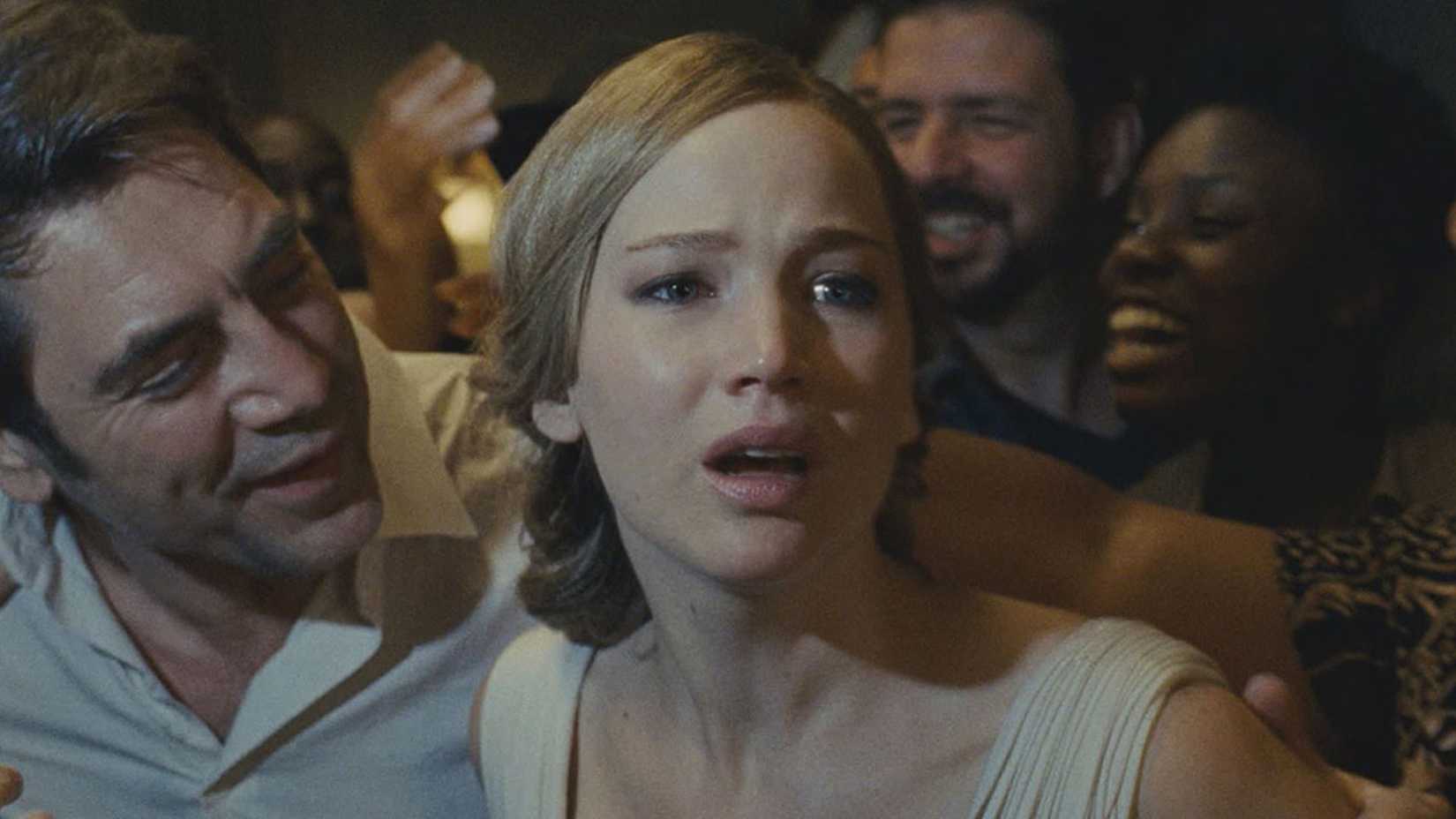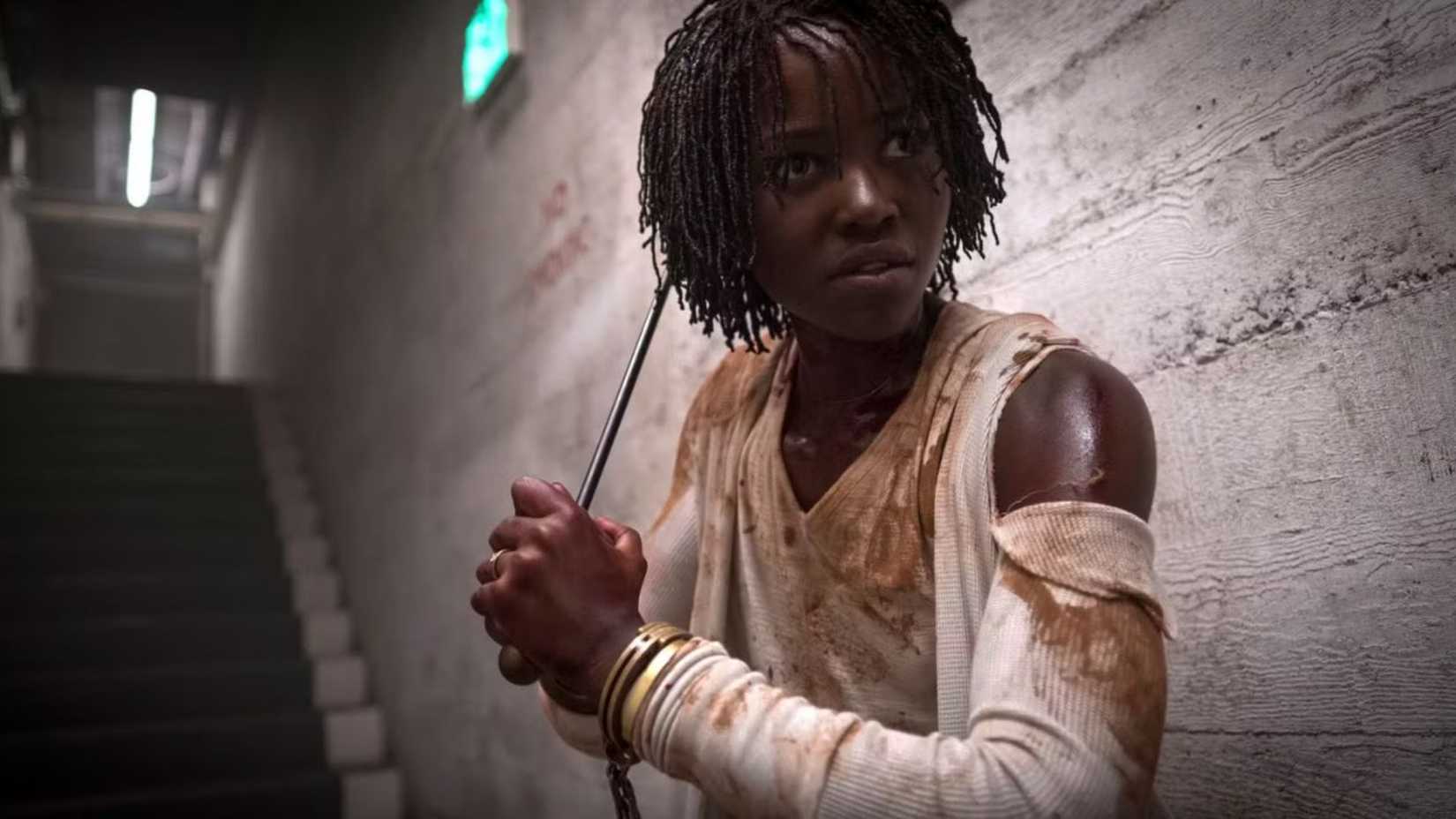Die My Love is the latest Lynne Ramsay movie that focuses on motherhood, marriage, and the mental health concerns surrounding both. The entire theme has been part of movies for years, and these films approach everything from postpartum depression to the excessive expectations that society throws onto mothers.
The best movies about motherhood often have fantastic actresses starring as these mothers facing societal and mental problems, sometimes breaking down in the midst of their struggles, and fighting to regain their autonomy. With Die My Love receiving positive reviews, here are the most disturbing films focusing on motherhood.
Die My Love (2025)
The most recent movie about a woman breaking down thanks to the weight of marriage and motherhood is Jennifer Lawrence’s Die My Love. Directed by Ramsay, who has made other movies about the struggles of motherhood, this film sees Grace and Jackson move to his old country home, where they soon have their first child.
The entire film is about a young mother who develops postpartum depression and finds little help in the community where they moved. This shows the breakdown of their family, as both Grace and Jackson start to struggle in their roles as partners and parents, but it is Grace who has the most significant breakdown of the two.
Critics praised the film as a depiction of an “oft-ignored experience,” while audiences were less favorable thanks to its tendency to bounce around and keep everyone watching off balance. However, that is its brilliance, and Lawrence is earning award recognition for her performance.
Grace (2009)
Grace is a horror movie set in the world of motherhood, and it is another metaphor for both postpartum depression and the idea that a child will “eat away” at their mother from the moment they are born. The parallel here is that the concept of a baby and a vampire are equal when it comes to draining the mothers.
The movie opens with a disturbing moment as a woman is in a car accident that kills her husband and her unborn baby. However, she asks to carry it to term anyway, and then the baby is born alive. However, when the baby begins needing to feed on blood, the entire film takes a horrific turn.
This was clearly a cult indie horror movie, with Jordan Ladd delivering an excellent performance as the mother. The story is a nice little mix of Rosemary’s Baby and The Exorcist, with a bit of Dracula thrown into the mix.
Mother! (2017)
Die My Love was not the first time that Jennifer Lawrence had starred in a movie about mothers and their place in the world. She was in a much more bizarre film about the topic when she starred in Darren Aronofsky’s mother! in 2017. That film received a wildly polarized reception from critics and the audience.
Javier Bardem stars as “Him,” a poet whose pregnant wife, “Mother,” is his muse. However, one day a group of people arrive at their house. When “Him” invites them in, they stay and refuse to leave. “Him” doesn’t seem to mind, but “Mother” begins to lose herself when these people want to control her pregnancy.
While this is a complicated film, Lawrence has said it is an allegory about how society “rapes and torments Mother Earth,” and she represented that Mother in this film, while Him represents God.
A Mouthful Of Air (2021)
Released in 2021, A Mouthful of Air is a psychological drama with Amanda Seyfried starring as a young mother named Julie. The film opens with a traumatic scene as Julie survives a suicide attempt on the night of her son’s first birthday. As she recovers, she tries to show gratitude, but her anxiety is ongoing.
A second pregnancy makes her decide she has to face her own childhood trauma if she and her children are to survive. The movie was a box office flop, but most of that had to do with it being released in the middle of a pandemic and people not wanting dark subject matter when the real world was so bleak.
However, A Mouthful of Air was a solid look at trauma and motherhood with a devastating lead performance by Seyfried. The actress chooses honesty rather than histrionics, and it is this performance that shows the real effects of depression and anxiety on a young mother.
We Need To Talk About Kevin (2011)
Lynne Ramsay, the director of Die My Love, had a very different look at motherhood in her 2011 film, We Need to Talk About Kevin. Instead of exploring a mother’s trauma after having a child, this deals with a mother whose child is already a teenager – and then does the unthinkable.
Tilda Swinton is the mother in this movie who has to deal with the fallout when her son, Kevin (Ezra Miller), goes to school one day and kills several students, after also killing his dad and sister. She has no idea what led to this and doesn’t know how to react, yet the entire community blames her for the tragedy.
The movie includes flashbacks of Eva and her husband starting a family with Kevin as their young child, and then shows possible reasons she might have to blame herself for his later actions. It is a horrifying movie about a mother’s love and never understanding why he did what he did. It is a tough, yet rewarding watch.
Us (2019)
Us is a Jordan Peele horror movie that shows a mysterious underground society that hides doppelgängers of everyone in the city above. However, one day, these doppelgängers come to the surface and begin killing their opposites, seeking to take over their lives.
The star is Lupita Nyong’o, who plays a mother who will do anything to protect her family and kids when their doubles come for them. However, there is a horrifying twist at the end of Us that shows nothing is as it seems. This is a story about motherhood, but who the real villain is remains the question.
While not as successful as his previous movie, Get Out, Us still received critical acclaim, with a 93% Rotten Tomatoes rating, and critics calling it a great story about oppression and the American family.
Huesera: The Bone Woman (2022)
Huesera: The Bone Woman is likely the most obscure, disturbing movie about motherhood, but it is one that anyone interested in the genre should seek out. This is a Mexican-Peruvian supernatural horror movie about a pregnant woman who finds herself threatened by the occult.
It sounds similar to what Rosemary’s Baby offered, but this is more of a body horror movie, with the woman having terrifying nightmares that all tie into her upcoming pregnancy. The soon-to-be mother has to make a choice, and in the end, she wants nothing to do with her child.
Critics praised the film, awarding it a 97% Rotten Tomatoes rating, calling it “bone-chilling body horror” and a twisted take on what to expect during pregnancy. It relies primarily on disturbing images and themes that motherhood can sometimes feel like a curse.
Hereditary (2018)
Hereditary is another movie that has a mother dealing with traumatic experiences after her kids are already starting to get older. This trauma is twofold, as the mother here is Toni Collette’s Annie, a woman whose daughter dies in a tragic auto accident, causing her to blame and push away her son, destroying her family in the process.
Ari Aster creates a story here about trauma and how one terrible accident can drive any mother over the edge. Of course, he also brings the occult into it and takes a little bit away from the actual family drama, since this group was always pulling the strings that drove Annie over the edge.
Critics awarded Hereditary a high 90% Rotten Tomatoes rating, praising the slow-burning horror and the depiction of one death destroying the entire family, leaving only the mother to try to understand her fate when it is all too late.
Rosemary’s Baby (1968)
Roman Polanski’s masterpiece is his 1968 horror movie, Rosemary’s Baby. Mia Farrow stars as Rosemary, a woman who moves into a new apartment with her husband and finds the residents in the building to be a little too interested in her life. When she ends up pregnant, she realizes her life is in danger.
It is no spoiler to reveal that she is pregnant with the Anti-Christ, and that her pregnancy was after a demon sexually assaulted her following a deal her husband made with the cult in the building. This is easily a parable about a woman who loses her own bodily autonomy and finds that she has no say in her fate.
By the end of Rosemary’s Baby, when the mother looks at her baby and asks what is wrong with its eyes, she realizes too late that she might have delivered the being that would destroy the world. When she decides to settle down with her baby anyway, it shows her resigned to her fate as a mother.
The Babadook (2014)
The Babadook is a horror movie that relies on its audience to read between the lines, which is not always easy for mainstream audiences who prefer to have things spelled out for them. Directed by Jennifer Kent, the main story is about a woman and her son and the fear that a creature known as the Babadook is terrorizing both of them.
However, the film suggests the idea that the Babadook is not real, but only a metaphor open for interpretation. It is easy to watch the movie and see that the Babadook represents the grief of a mother who doesn’t know how to control it. This small family lost their husband/father years ago, and both are dealing with his loss in different ways.
The most prominent theme here is how a mother can help a child understand grief and overcome trauma healthily, and if she is ignoring her pain, there is no way she can teach her child to remain strong. When it comes to movies about motherhood, this shows how challenging that role can be in the end.
This story originally appeared on Screenrant










